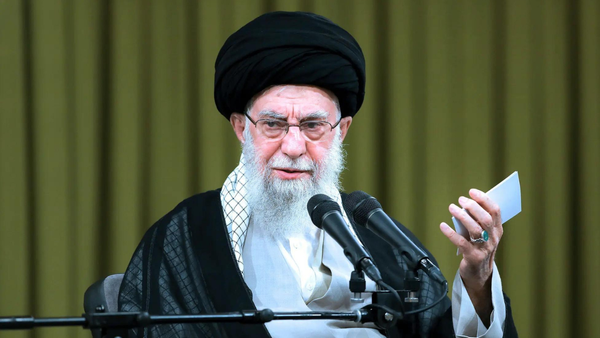
Semiconductor stocks Nvidia (NASDAQ:NVDA), Advanced Micro Devices (NASDAQ:AMD), Broadcom (NASDAQ:AVGO), Arm Holdings (NASDAQ:ARM), Marvell Technology (NASDAQ:MRVL), Taiwan Semiconductor Manufacturing (NYSE:TSM), Intel (NASDAQ:INTC), Micron Technology (NASDAQ:MU), Qualcomm (NASDAQ:QCOM), and Super Micro Computer (NASDAQ:SMCI) are trending on Thursday.
Investors remain engaged in profit-taking amid an exciting earnings season despite geopolitical tensions between Washington and Beijing and tariff concerns.
Big Tech giants remain aggressively invested in their AI ambitions, fueling demand for AI chips, processors, chip-making equipment, and other AI infrastructure equipment.
Also Read: AMD Gains On US-China Trade Pause And Wall Street Optimism For Second-Half Chip Sales
Meta Platforms (NASDAQ:META), Microsoft (NASDAQ:MSFT), and Alphabet (NASDAQ:GOOGL) shared plans to invest more than $250 billion in AI infrastructure between 2025 and 2026.
Meta projects nearly $100 billion in 2026 capital expenditures, Google raised its 2025 outlook to $85 billion, and Microsoft's annual spending is trending above $100 billion.
Wedbush analyst Dan Ives described the spending wave as a watershed moment, signaling years of rapid AI growth ahead.
Apple (NASDAQ:AAPL) announced an additional $100 billion U.S. investment. Earlier this year, Apple pledged to invest more than $500 billion in the U.S. over the next four years to advance AI, silicon engineering, and skills development.
The company plans to open a new advanced manufacturing facility in Texas and double its U.S. Advanced Manufacturing Fund.
Ives said President Trump's deal allowing Nvidia and AMD to obtain export licenses to sell AI chips in China, in exchange for a 15% profit share, removes a significant growth barrier in the AI boom and signals further upside for AI-related tech stocks over the next 12 to 18 months.
He called the arrangement unusual and likely to spark debate in tech and legal circles. However, he sees it as a powerful catalyst for Nvidia, AMD, and the broader U.S. Big Tech ecosystem.
Ives argued that keeping the H20 chip ban in place would have effectively handed Huawei a $15 billion annual advantage in AI chips, giving Beijing a significant competitive edge.
He stated that Trump's approach reflects a balancing act between national security concerns and ensuring America's top tech companies can compete in the AI race.
According to Ives, the U.S. now leads China in AI for the first time in 30 years, with companies like Nvidia, Microsoft, Palantir (NASDAQ:PLTR), OpenAI, Google, Meta, Amazon.com (NASDAQ:AMZN), and AMD driving the global AI revolution.
He emphasized that Nvidia remains the critical supplier powering AI worldwide, with trillions of dollars in future market opportunities favoring U.S. Big Tech.
He pointed to the Middle East as an example, where countries like Saudi Arabia and the UAE are building AI infrastructure led by U.S. companies.
Ives concluded that while national security will remain central in U.S.-China trade talks, removing self-imposed barriers prevents China from gaining a leap ahead in AI, and paying a 15% fee is a small price for U.S. tech giants to access China and other key markets.
He likened the AI boom to a party still in its early stages, with massive growth ahead across chips, software, consumer, and energy sectors.
Read Next:
Photo via Shutterstock







